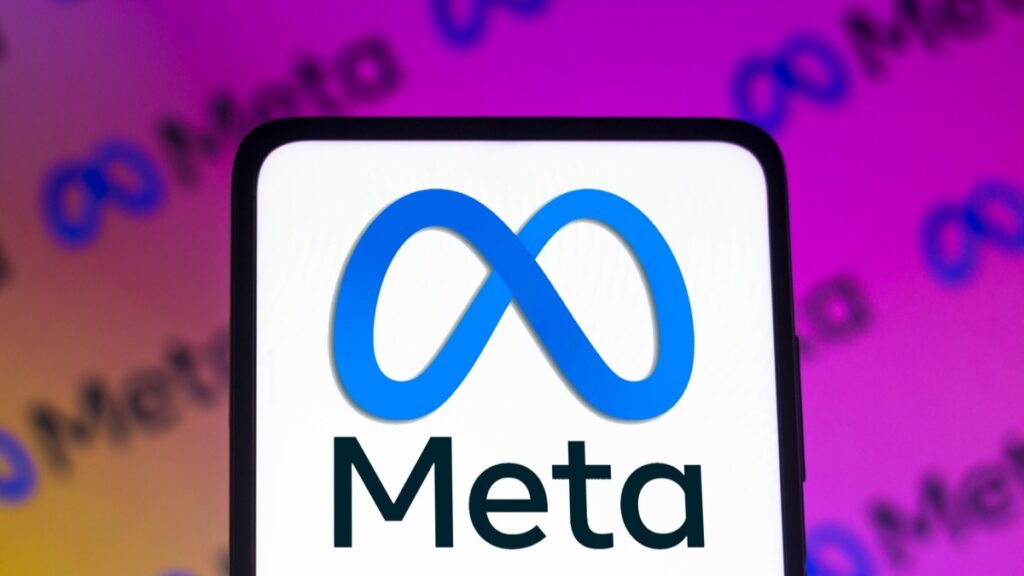
Meta Properties chief executive officer (CEO) Mark Zuckerberg held on Wednesday a comprehensive presentation with the company’s Artificial Intelligence (AI) team to address its future endeavors in “Building the Metaverse with AI.”
Presented on the company’s official Facebook page, Meta’s AI Lab proposition highlighted how “through the power of artificial intelligence, we will enable a world where people can easily share, create, and connect physically, and virtually, with anyone, anywhere.”
Throughout the live presentation, the tech giant’s CEO referred to AI as “perhaps the most important foundational technology of our time.”
It is no surprise that AI has and will maintain its role as a vital element in developing and creating the metaverse and will be the fuel for digital transformation on a global level.
Throughout the presentation, the founder unmasked its latest project, “Project CAIRaoke.” He elaborated that it would be a “fully end-to-end neutral model for building on device assistants. It combines the approach behind BlenderBot with the latest in conversational AI to deliver better dialog capabilities.”
Back in July 2021, Facebook’s AI research teams developed the open coursed Blender Bot 2.0 chatbot that can stimulate the creation of long-term memory that can recurrently “access, search the internet” to obtain specific information, and conduct modern and complex conversations addressing almost any topic.
Project CAIRaoke was elaborated on as an intellectually advanced assistant with a much more intelligent response to articulated comments in a video. The video also highlighted fundamental problems faced concerning assistant technology, such as general misunderstanding of any demand generated from a user.
Zuckerberg further added that Meta’s redirect in focus towards AI technology for its latest vision, the Metaverse, will embody two critical areas of AI research, “egocentric perception” and “a whole new class of generative AI models.”
While Meta’s AI researchers did not specify in their blogpost a timeframe as to when these projects will be completed or presented an itinerary of what could be significant milestones to complete their projects. What they did, though, was present some sort of ideological vision of what the endless possibilities could be from having an AI-powered universal language translation.
“Eliminating language barriers would be profound, making it possible for billions of people to access information online in their native or preferred language,” Meta’s researchers wrote in the blog post.
“Advances in [machine translation] won’t just help those who don’t speak one of the languages that dominate the internet today; they’ll also fundamentally change the way people in the world connect and share ideas,” they added.